 Safaris
Bergsteigen
Wandern
Inselwandern Weltweit
Safaris
Bergsteigen
Wandern
Inselwandern Weltweit
 Europa
Inselwandern
Europa
Inselwandern
 Städtewandern
Städtewandern
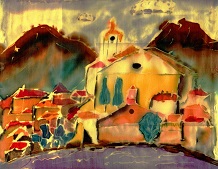 Paintings
Paintings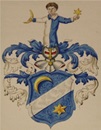 Dirk Rauschenbach
Dirk Rauschenbach
 Safaris
Bergsteigen
Wandern
Inselwandern Weltweit
Safaris
Bergsteigen
Wandern
Inselwandern Weltweit
|
 Europa
Inselwandern
Europa
Inselwandern
|
 Städtewandern
Städtewandern
|
 Paintings
Paintings |
 Dirk Rauschenbach
Dirk Rauschenbach
|
|
zurück Schauspielhaus Schauspielhaus Bergneustadt
East Affaie Balkanjazz Weltmusik Jura Wajda-Zimbalon; Mirek Pyschny-Cajon; Fedor Ruskuc-b; Kim Efert-gitarre
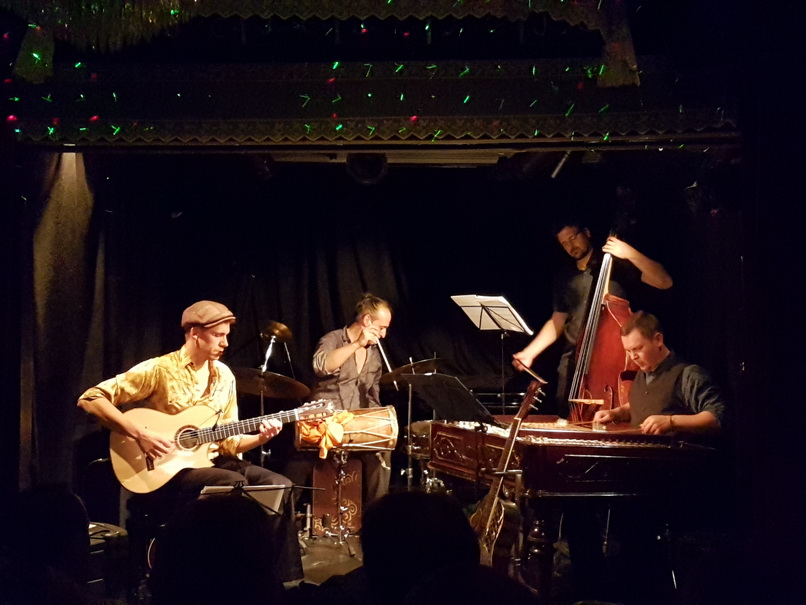 |
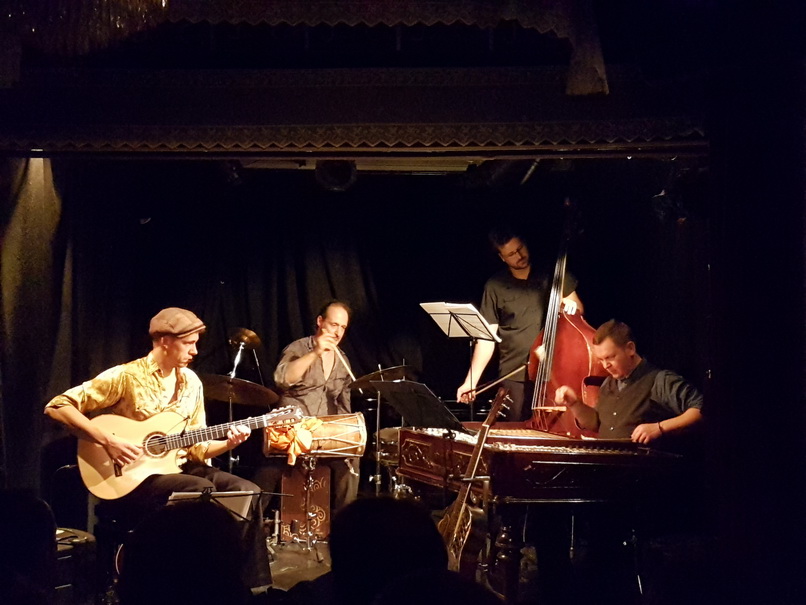 |
| Éastaffair Jura Wajda-Zimbalon; Mirek Pyschny-Cajon; Fedor Ruskuc-b; Kim Efert-git | Jura Wajda-Zimbalon; Mirek Pyschny-Cajon; Fedor Ruskuc-b; Kim Efert-git |
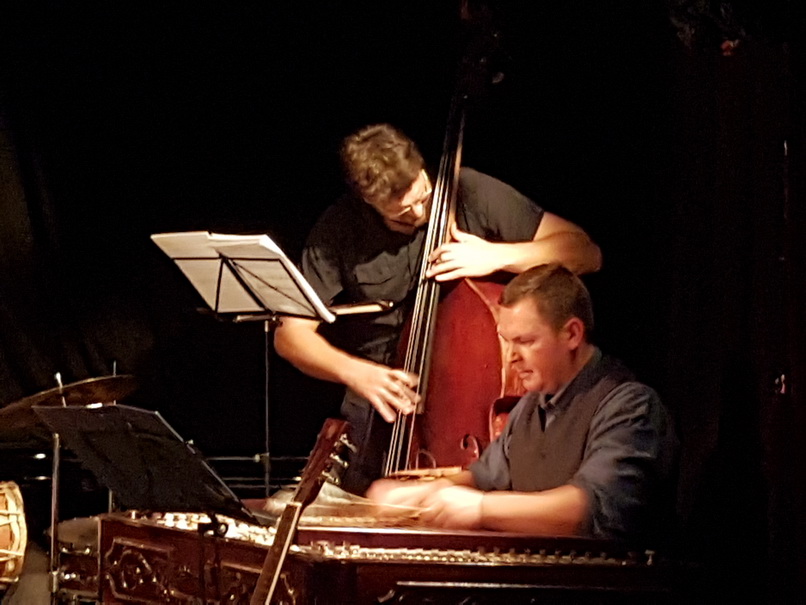 |
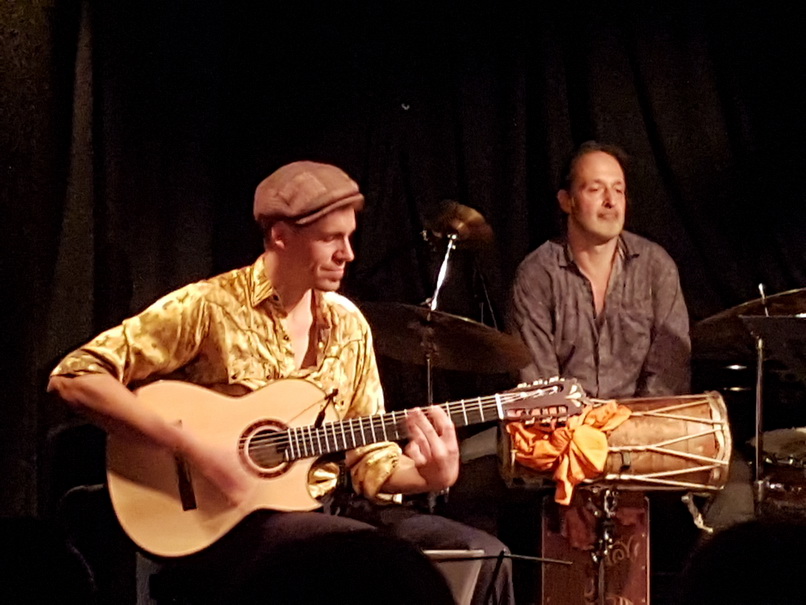 |
| Jura Wajda-Zimbalon; Mirek Pyschny-Cajon; Fedor Ruskuc-b; Kim Efert-git | Jura Wajda-Zimbalon; Mirek Pyschny-Cajon; Fedor Ruskuc-b; Kim Efert-git |
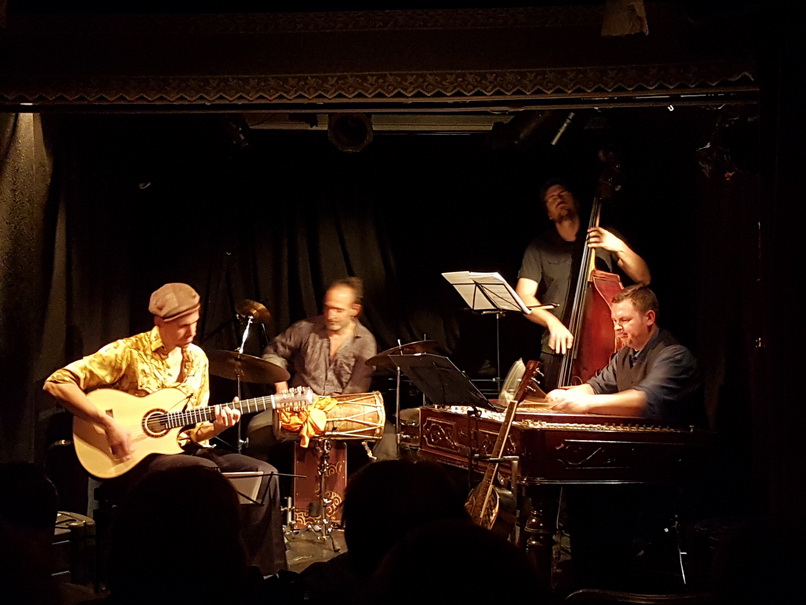 |
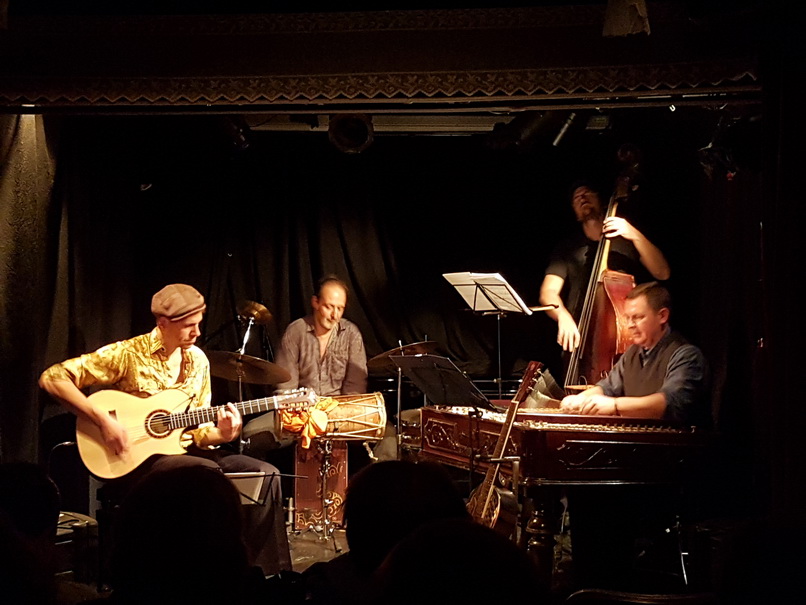 |
| Jura Wajda-Zimbalon; Mirek Pyschny-Cajon; Fedor Ruskuc-b; Kim Efert-git | Jura Wajda-Zimbalon; Mirek Pyschny-Cajon; Fedor Ruskuc-b; Kim Efert-git |
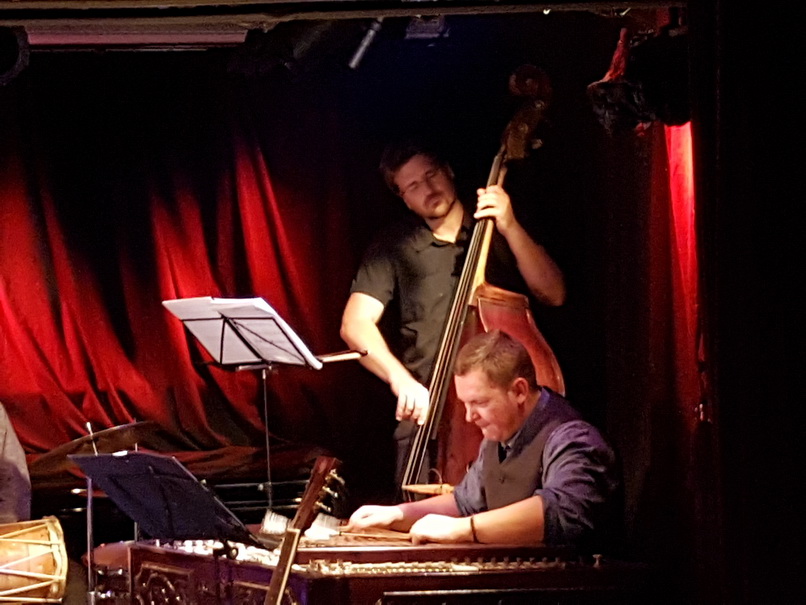 |
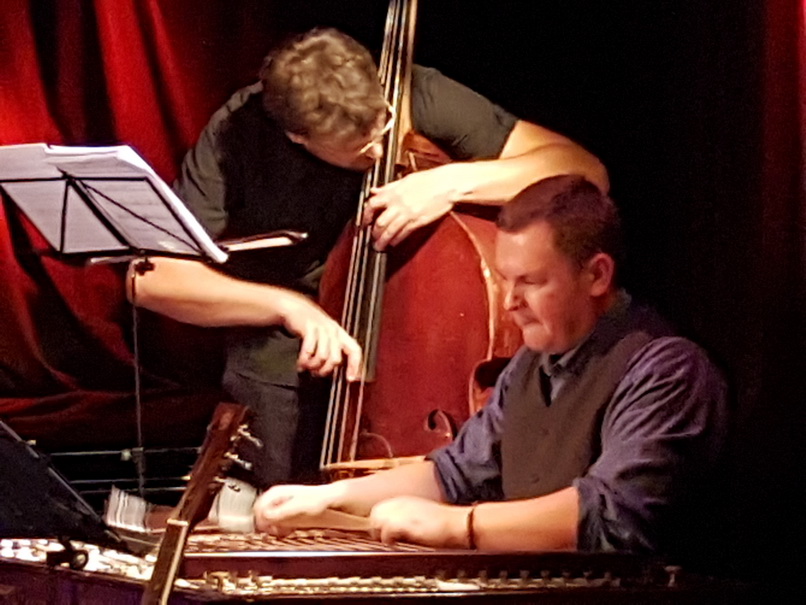 |
| Jura Wajda-Zimbalon; Mirek Pyschny-Cajon; Fedor Ruskuc-b; Kim Efert-git | Jura Wajda-Zimbalon; Mirek Pyschny-Cajon; Fedor Ruskuc-b; Kim Efert-git |
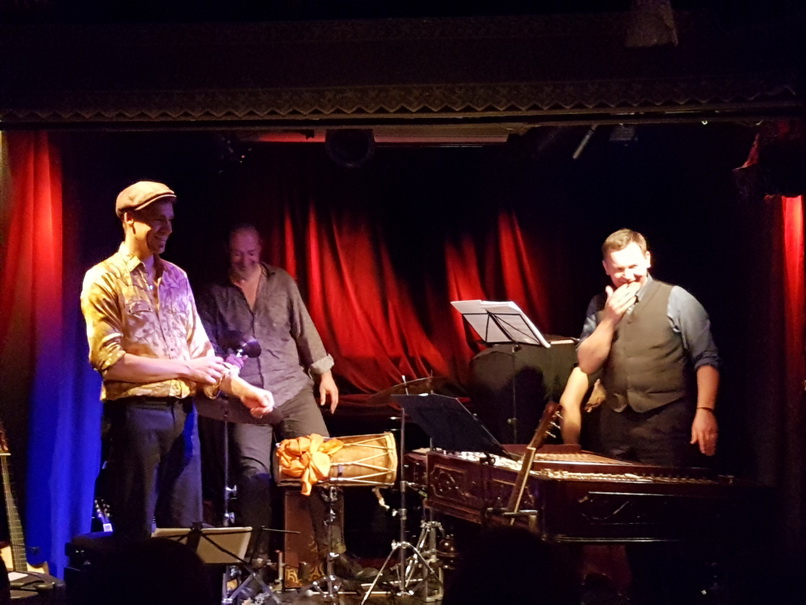 |
 |
| Jura Wajda-Zimbalon; Mirek Pyschny-Cajon; Fedor Ruskuc-b; Kim Efert-git | Jura Wajda-Zimbalon; Mirek Pyschny-Cajon; Fedor Ruskuc-b; Kim Efert-git |
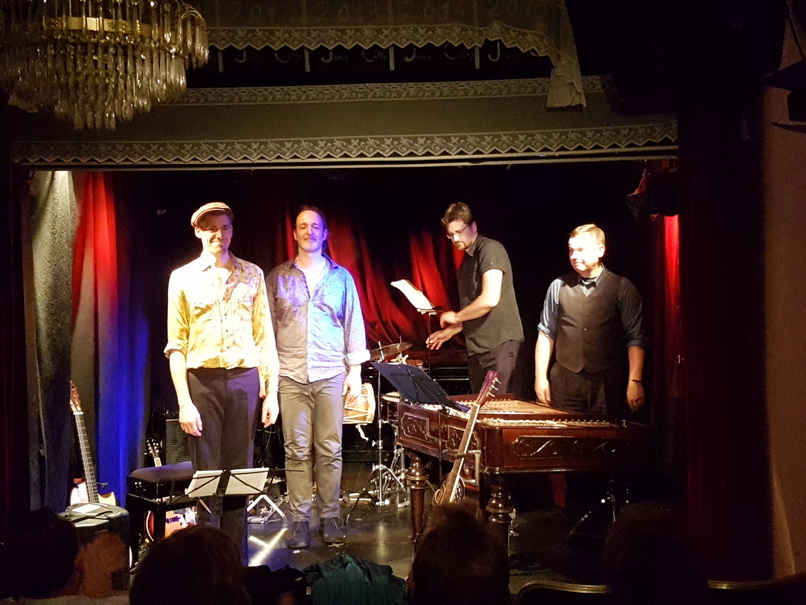 |
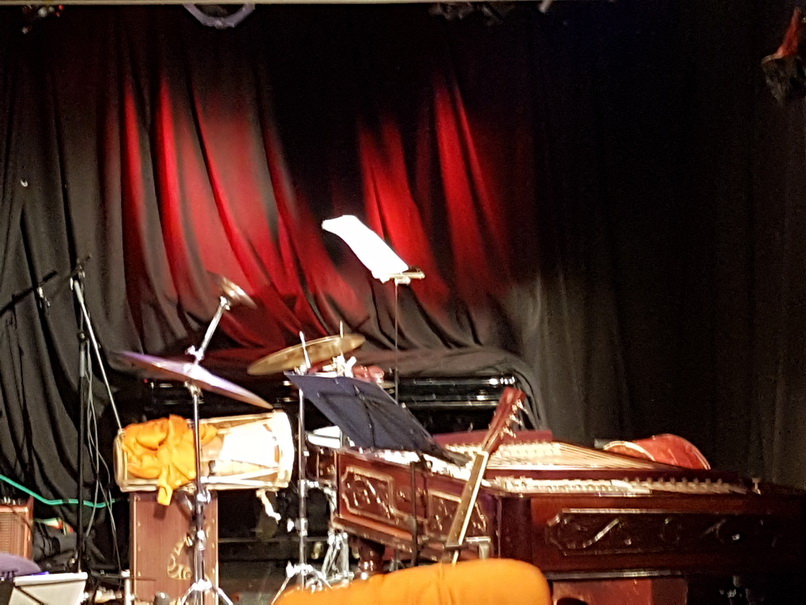 |
| Jura Wajda-Zimbalon; Mirek Pyschny-Cajon; Fedor Ruskuc-b; Kim Efert-git | Jura Wajda-Zimbalon; Mirek Pyschny-Cajon; Fedor Ruskuc-b; Kim Efert-git |
|
Weltmusik/Balkan-Jazz
Sonntag 30.10.2016 20.30 uhr
Jura Wajda-Zimbalon
Mirek Pyschny-Cajon
Fedor Ruskuc-b
Kim Efert-git
East Affair: Das ist osteuropäi-sche Tempo-Weltmusik und westlicher Geschwindigkeits-Jazz auf höchstem Niveau. Da geht aber so was von die Post ab. Kim Efert
werden einige kennen als einen der genialen Gitarristen, der mit
Anna Mateur vor 2 Jahren hier zu begeistern wußte. Das Quartett
trifft mit seinem Stilmix regelmäßig auf ein restlos begeistertes
Publikum. Zum 1. Mal gibt es auch ein Zimbalon im Schauspiel-Haus zu
hören. Und der Tscheche Jura Wajda ist ein Meister des Zimbalon
The term "zimbalon" refers to a musical instrument, specifically a
variant of the cimbalom or hammered dulcimer. Here's a detailed
breakdown:
Definition & Etymology Meaning: A stringed percussion instrument played with mallets, belonging to the dulcimer family. It's characterized by a trapezoidal wooden box with metal strings stretched over it 12. Origin: The word derives from: Latin cymbalum (cymbal) 8. Hungarian cimbalom and Polish cymbały 8. Features & Usage Construction: Typically has 100+ strings, tuned chromatically, and is played by striking the strings with padded mallets 4. Cultural Significance: Central to Romani, Hungarian, and Eastern European folk music 4. Used in classical compositions (e.g., Igor Stravinsky’s works) 4. Variants & Related Terms Italian: Zimbalon is an alternative spelling for salterio (hammered dulcimer) 4. German: Zimbal refers to the same instrument 8. Notable Mentions The instrument appears in literature and musicology, often highlighting its unique metallic, resonant sound 48. For more on its musical role, see cimbalom history or hammered dulcimer traditions. Note: Avoid confusion with Zimbal Mink (a fur company) 711 or Zimbal Instruments (surgical tools) |
Zimbalon zimbalon (more commonly spelled
cimbalom) is a large, trapezoidal hammered dulcimer used primarily in
Eastern European folk music, especially in countries like Hungary,
Romania, and Slovakia. Key Facts about the Cimbalom (Zimbalon): Instrument Type: Stringed percussion (idiophone). Played with: Two lightweight mallets or hammers. Sound: Bright, resonant, and percussive — capable of both melodic and harmonic playing. Origins: Descended from ancient hammered dulcimers. The modern concert cimbalom was developed in the 19th century by József Schunda in Hungary. Widely used in: Gypsy (Romani) music Hungarian and Romanian folk ensembles Classical compositions by Bartók, Kodály, and Stravinsky. Characteristics: Range: Over four octaves. Pedals: Some concert cimbaloms have dampening pedals, similar to a piano. Construction: Typically has metal strings stretched across a wooden frame. The strings are arranged in groups (courses) and tuned to specific pitches. |
| Jura Wajda-Zimbalon; Mirek Pyschny-Cajon; Fedor Ruskuc-b; Kim Efert-git | Jura Wajda-Zimbalon; Mirek Pyschny-Cajon; Fedor Ruskuc-b; Kim Efert-git |
![]() 26.07.25 Copyright Dirk
Rauschenbach Koelnerstrasse 293 51702 Bergneustadt
Datenschutzerklaerung 02261 9788972 Mail ccooly(
at) web.de
26.07.25 Copyright Dirk
Rauschenbach Koelnerstrasse 293 51702 Bergneustadt
Datenschutzerklaerung 02261 9788972 Mail ccooly(
at) web.de